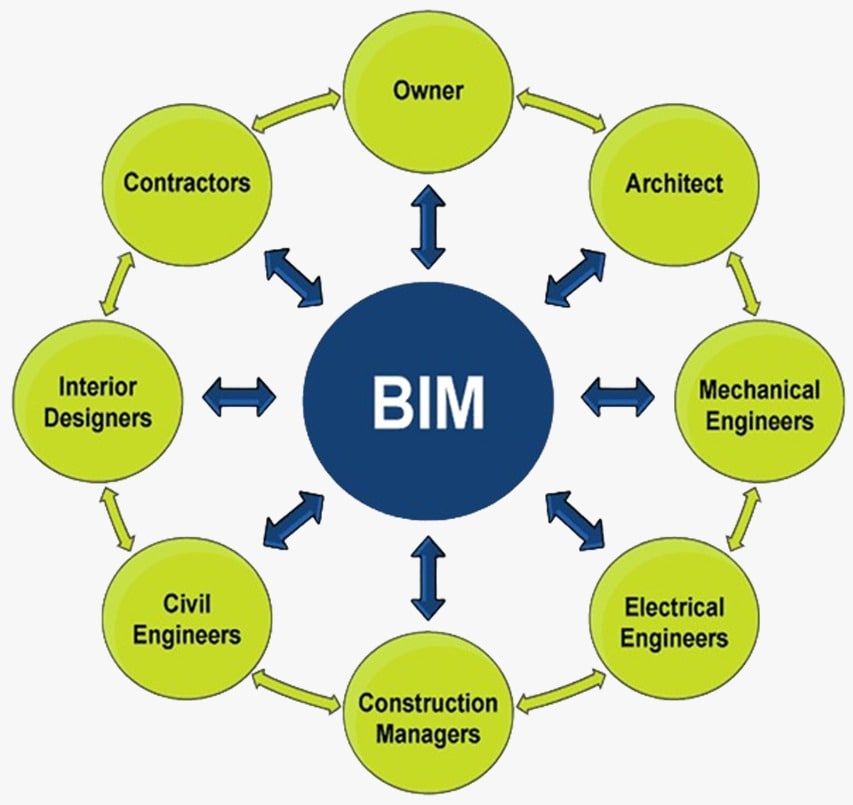Learning Building Information Modelling (BIM) through specialized courses is an exciting opportunity for professionals in the architecture, engineering, and construction (AEC) industry. BIM courses not only equip you with the knowledge and skills to excel in using BIM software but also empower you to implement cutting-edge BIM methodologies that are quickly becoming industry standards. The benefits of learning BIM courses are endless, and we are thrilled to be able to offer you the chance to enhance your expertise and stay ahead of the curve in your field.
1.Enhanced Career Opportunities:Top of Form
1.Increasing Demand: If there is a growing demand for professionals with skills in BIM as it becomes a standard practice in the AEC industry. This trend seems to be creating exciting job opportunities and promising career advancement prospects.
A.Competitive Edge: Developing proficiency in BIM can help differentiate you from your peers and enhance your competitiveness in the job market. Employers often prioritize candidates who have BIM skills, as they can significantly improve project efficiency and accuracy.
1.BIM Manager:
Role: Oversees the implementation and management of BIM processes and standards across projects.
Responsibilities: working on coordinating between different disciplines, ensuring that BIM standards are being followed, managing BIM data, and providing training to staff.
BIM Coordinator:
Role: Facilitates coordination of BIM models among different project teams.
Responsibilities: managing model integration, conducting clash detection, coordinating updates, and ensuring model consistency.
BIM Modeler/Designer:
Role: Creates and maintains detailed 3D BIM models.
Responsibilities: Developing accurate models based on architectural, structural, and MEP designs and ensuring all details are incorporated.
BIM Specialist:
Role: Provides technical support and expertise in BIM software and processes.
Responsibilities: Troubleshooting BIM issues, providing software training, and supporting
BIM Technician:
Role: Assists in the production of BIM models and construction documents.
Responsibilities: Drafting and detailing using BIM software, producing construction documentation, and ensuring model accuracy.
BIM Consultant:
Role: Advises companies on BIM adoption and optimization.
Responsibilities: assessing our clients’ needs, recommending BIM solutions, developing implementation plans, and providing ongoing support.
Project Manager (with BIM expertise):
Role: Manages construction projects with a strong focus on BIM processes.
Responsibilities: Integrating BIM into project management, coordinating with BIM teams, and ensuring project delivery aligns with BIM standards.
Construction Manager (with BIM expertise):
Role: overseeing construction activities with a focus on BIM coordination.
Responsibilities: ensuring that BIM models are effectively utilized on site, managing construction schedules and budgets, and enhancing project delivery through BIM.





